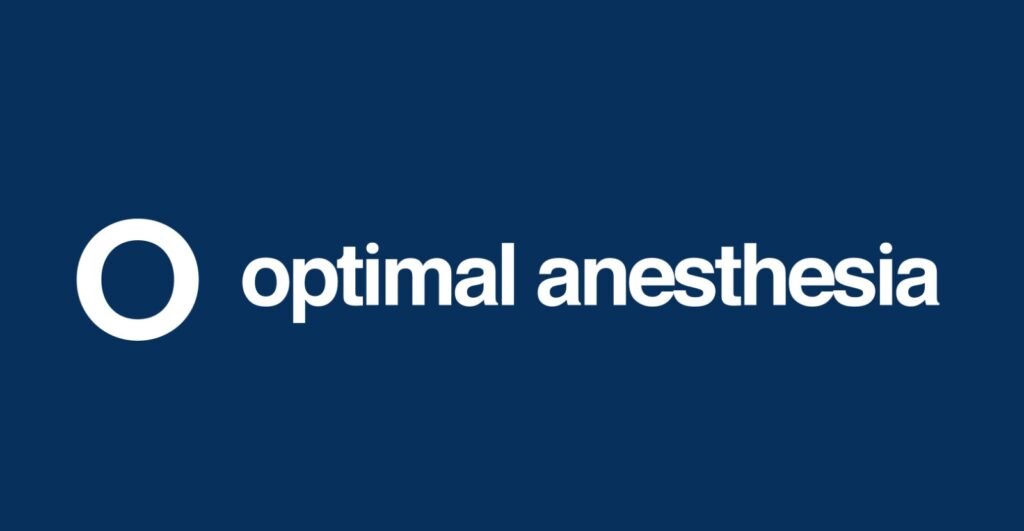Introduction
Addiction is a complex disease influenced by genetic, environmental, developmental, and social factors. This article explores the role of genetic factors in substance abuse and addiction, along with their implications for perioperative management.
Table 1: Factors Influencing Addiction
| Factors | Influence on Addiction |
|---|---|
| Genetic | Significant predisposition |
| Environmental | Exposure to addictive substances |
| Developmental | Vulnerability at different ages |
| Social | Peer pressure, societal norms |
Genetic Factors in Substance Abuse
Genetic factors play a crucial role in susceptibility to addiction. Various genes and genetic variations have been associated with addiction, affecting neural mechanisms, reward systems, and alcohol metabolism.
Table 2: Genes and Genetic Factors in Addiction
| Gene/Genetic Variation | Implication in Addiction |
|---|---|
| DRD2 (D2 dopamine receptor) gene | Initial link to alcoholism, but debate persists |
| GABA receptor genes | Implicated in depressant effects of alcoholism |
| Serotonin receptor genes | Linked to development of addiction |
| COMT (Catechol-O-methyltransferase) gene | Affects dopamine regulation and cognitive function |
| ADH1B and ALDH2 polymorphisms | Impact alcohol metabolism and risk of alcoholism |
Genome-Wide Scans
Genome-wide linkage and genome-wide association studies are conducted to identify genetic regions and genes associated with addiction. These studies provide insights into the shared genetic factors contributing to addiction.
Table 3: Genome-Wide Studies in Addiction
| Study Type | Insights into Addiction |
|---|---|
| Genome-wide linkage studies | Identify risk loci shared within families |
| Genome-wide association studies | Detect smaller chromosomal areas and genetic variations |
Implications for Perioperative Management
Understanding the genetic factors involved in addiction is vital for perioperative management. Patients with a genetic predisposition to substance abuse may be at higher risk for complications, including increased pain, tolerance to pain medications, and withdrawal symptoms. Perioperative care should consider the following:
- Preoperative Assessment: Screening for a family history of addiction and genetic risk factors can help identify patients at higher risk. Tailored pain management plans can be developed based on individual risk profiles.
- Medication Selection: Selecting appropriate pain medications is critical. Patients with specific genetic variations may require different opioid or non-opioid analgesics to achieve adequate pain control.
- Monitoring and Education: Close monitoring for signs of addiction, tolerance, or withdrawal is essential. Education about the risks and signs of addiction should be provided to patients.
- Alternative Pain Management: Non-pharmacological pain management techniques, such as regional anesthesia or nerve blocks, should be considered to reduce opioid use in high-risk patients.
- Postoperative Follow-up: Postoperative care should include continued assessment of pain and signs of addiction. Early intervention can prevent the escalation of addiction.
Table 4: Perioperative Implications
| Perioperative Considerations | Implications in Perioperative Management |
|---|---|
| Preoperative Assessment | Identify high-risk patients based on genetic factors |
| Medication Selection | Tailor pain management to genetic profiles |
| Monitoring and Education | Educate patients and closely monitor for addiction signs |
| Alternative Pain Management | Reduce opioid use with non-pharmacological methods |
| Postoperative Follow-up | Continual assessment to prevent addiction escalation |
Conclusion
Genetic factors are significant contributors to addiction. Recognizing the genetic underpinnings of addiction is crucial in perioperative management, as it can help mitigate risks associated with substance abuse. Tailoring pain management strategies to individual genetic profiles can improve patient outcomes and reduce the likelihood of addiction-related complications in the perioperative setting.


